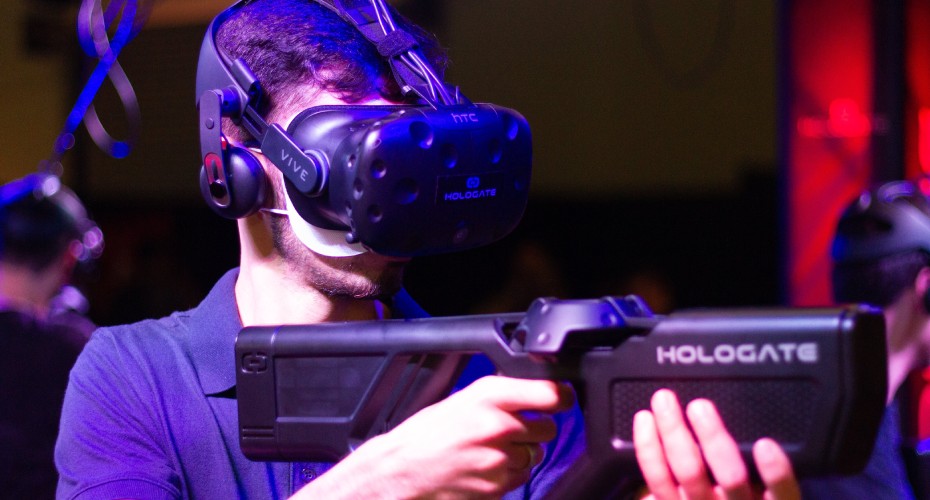Skills Training in Defence and Security
Extended Reality (XR) for Learning in Defence and Security
This project, led by PhD student Samuel Bateman and funded by the Defence Science Technologies Laboratory (DSTL), investigates the effectiveness of XR technologies (e.g., virtual reality, mixed reality, augmented reality) for training and learning applications in the UK defence and security sectors. The efficacy of XR-based training itself is currently unknown in these sectors. This project seeks to identify whether XR-based training is as effective as ‘real-world’ training, and if so, seeks to discover how to maximise its effectiveness.

When in a simulated environment, people can feel disconnected from reality, which may harm the effectiveness of any training conducted in such environments. This issue could potentially be avoided by maximising the ‘realism’ of such simulations such that any training conducted in simulated environments will translate to ‘real-world’ situations. Therefore, this project takes particular interest in haptics (devices which simulate a sensation of ‘touch’) for their potential to improve realism (and thus the effectiveness of training programmes.
With continually growing computational power, more can be generated by computers each year, which has led to improved graphical performance and realism of simulated environments. Despite being possible, some of these new technologies do not necessarily improve the effectiveness of training programmes and, instead, may do more harm than good. This project also seeks to identify which aspects of these current technological affordances are beneficial to training effectiveness.
Publications
Contact
For more information on this project, please contact Samuel Bateman.



